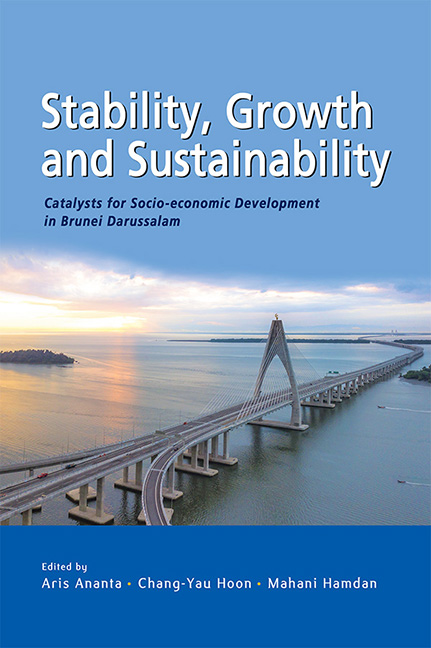9 - Population Health Landscape: Challenges and Opportunities
Published online by Cambridge University Press: 10 January 2024
Summary
INTRODUCTION
Parallel to demographic transition, Omran (1971) showed an epidemiologic transition, describing an expected change in mortality and the cause of deaths. It starts with the “age of pestilence” when the mortality rate is very high and fluctuates. Death mainly occurs because of infectious/communicable diseases. The second stage is the “age of receding pandemics”, when countries have well-managed the pandemics, and then mortality starts to decline. The third and last stage is when the primary cause of death shifts to degenerative/non-communicable diseases (NCDs). Olshanky and Oult (1986) added the fourth stage, the so-called “age of delayed degenerative diseases”, when people live much longer, and the degenerative diseases are compressed in shorter periods of the remaining years of life.
However, people in developing countries may not be able to successfully manage communicable diseases. At the same time, they experience the emergence of degenerative diseases as the cause of death, thus facing a “double burden of disease” (Tyagi 2014). The prevalence of degenerative diseases has aggravated the impact of the COVID-19 pandemic, often known as the co-existence of co-morbidities (Collins et al. 2020).
This epidemiological trend often goes together with the transition in nutrition. Popkin (1993) argued that there are five stages of nutrition transition. The first is the “food gathering” stage. Individuals consume high carbohydrate foods in this stage, followed by the second stage, known as the “famine” stage. People are hungry and then die. The third is “receding famine” when people have sufficient amount of food. They start consuming fruits, vegetables and animals. The fourth is the “degenerative disease” stage, sometimes called the “western” diet, in which individuals consume high meat diet accompanied by a sedentary life. The fifth is the stage of behavioural changes toward healthy lifestyles, including consuming healthy food.
Therefore, with this framework as the background, this chapter examines trends of population health outcomes and the determinants in Brunei, a high-income country with the second-highest per capita income in Southeast Asia, and its related health policies. It focuses on the landscape, challenges and opportunities related to population health in Brunei. It discusses mortality rates, non-communicable diseases, communicable diseases (especially the COVID-19), people with disabilities, and the ageing population.
- Type
- Chapter
- Information
- Stability, Growth and SustainabilityCatalysts for Socio-economic Development in Brunei Darussalam, pp. 221 - 244Publisher: ISEAS–Yusof Ishak InstitutePrint publication year: 2023



